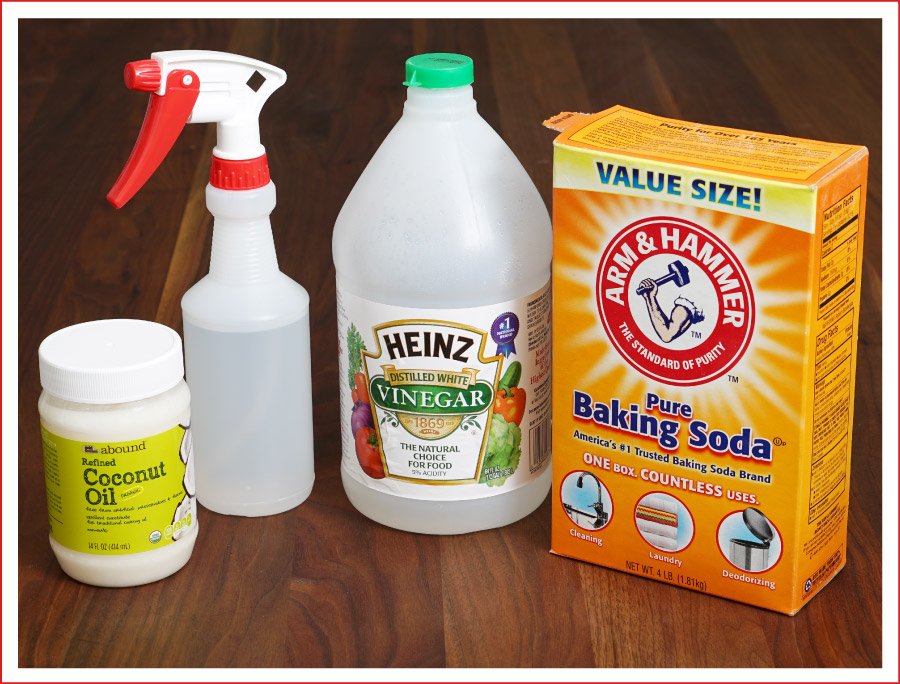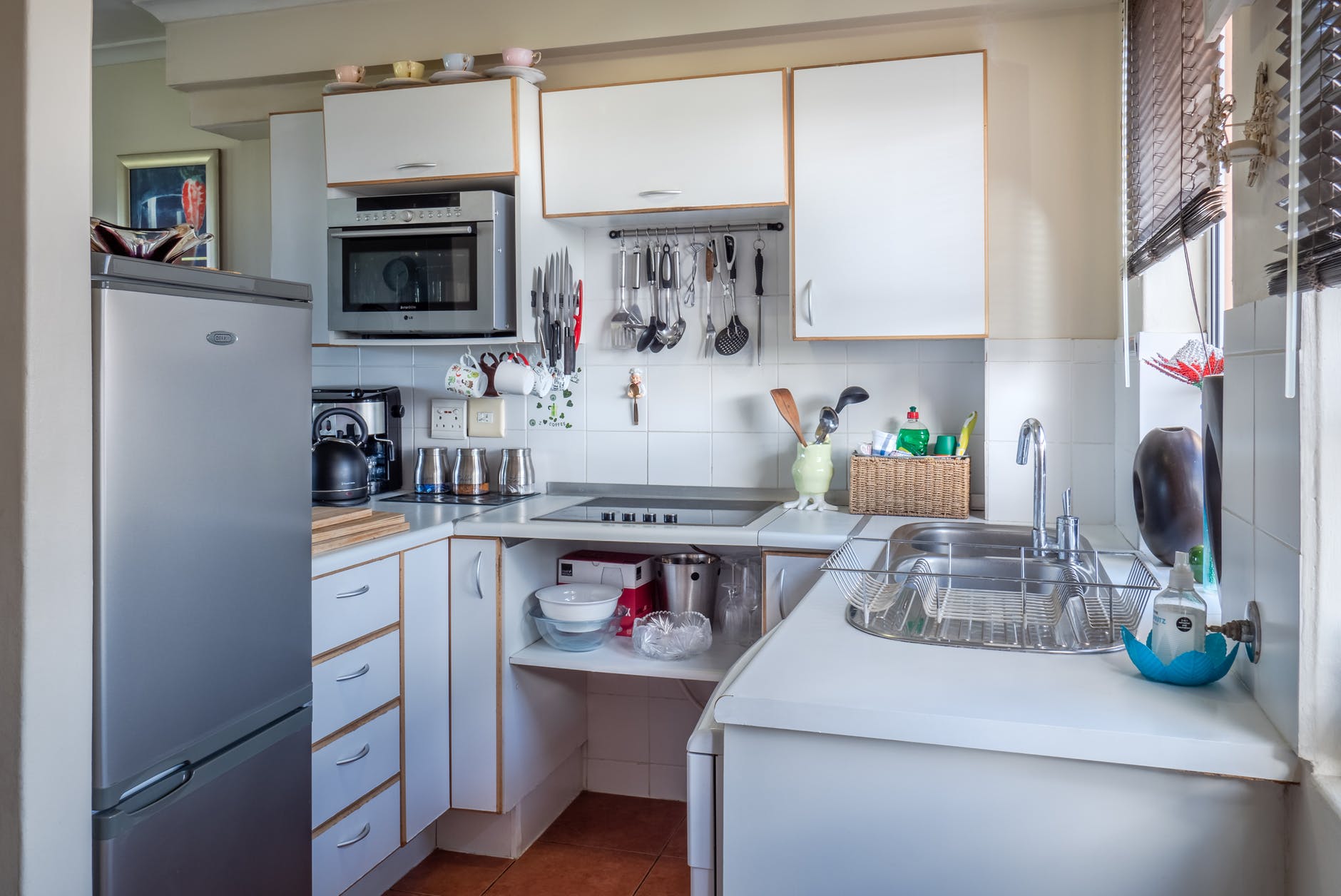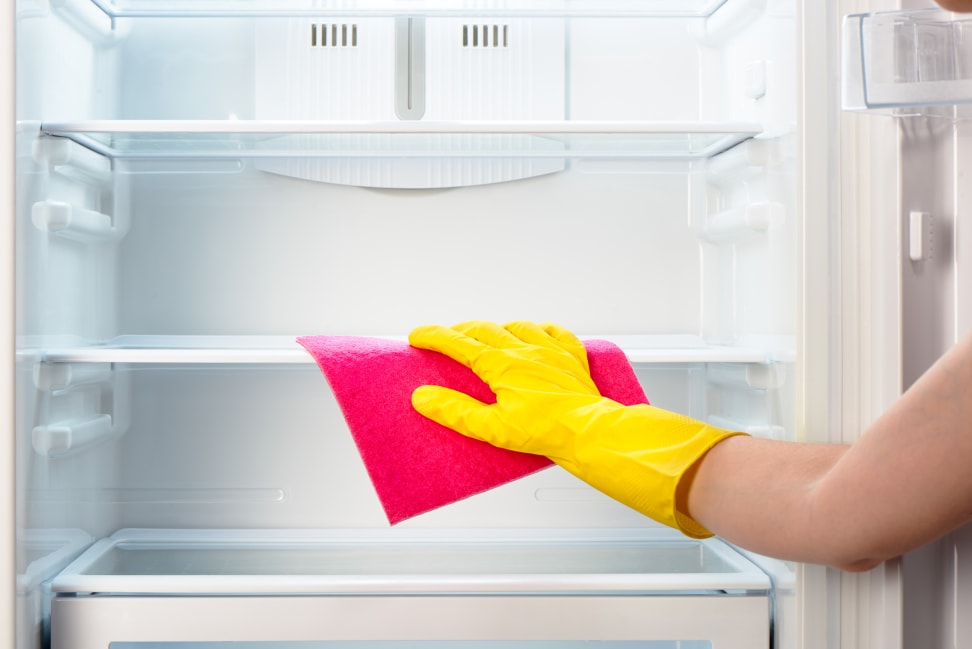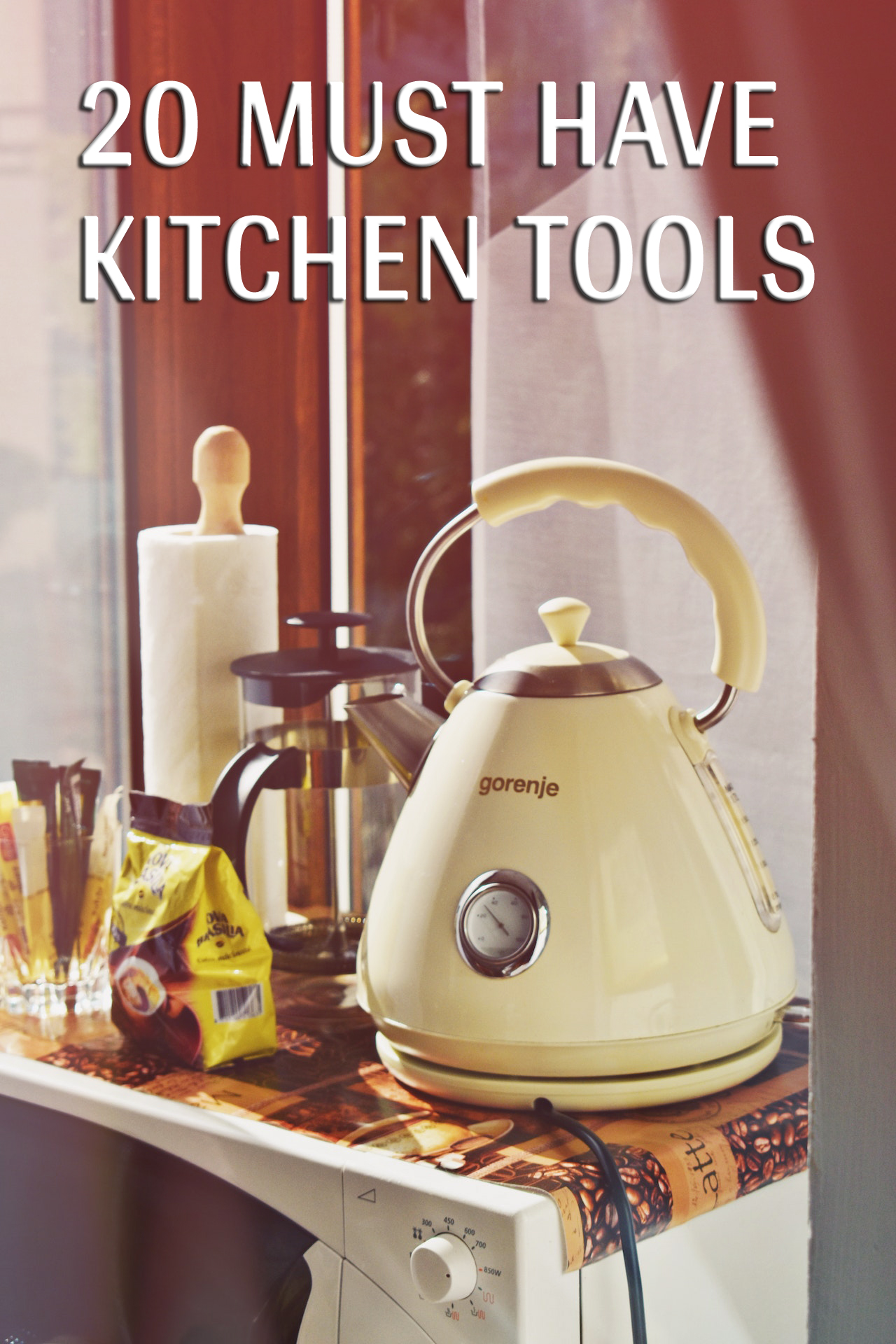We all know the kitchen is a place where our gastronomy gets delighted, especially if you are a foodie, but do you know it is breeding ground for bacteria and other viruses if not kept clean. Consider this keeping the used utensils in the kitchen overnight or not covering the food or kitchen sponges all these are places where the bacteria and other virus sit. In this article, we have written about the places where the germs thrive in the kitchen and how to disinfect the area to prevent any kind of virus outbreak.
Kitchen areas where bacteria thrive
1 Sink– Contrary to the popular option, the kitchen is a dirtier place than your toilet. The food particles from the rinsed utensils serve as a breeding ground for bacteria like Ecoli and Salmonella. They can easily spread to your hands and other things that you touch. Though people take several steps to clean the toilet but not the sink, they clean it with water and think it is done, but it is not.
How to disinfect the kitchen sink?
- Using bleach
While we all know by now that it is important to disinfect and clean the kitchen sink as well as the faucet, but how to do so. To sanitize the sink it is important to clean the drain and fill the basin with warm water. Take a tablespoon of bleach and wipe the faucets and handles. Let the bleach sit for five minutes and then rinse it water and let it dry. Do clean the hands after disinfecting the kitchen sink.
- Sponge to clean it
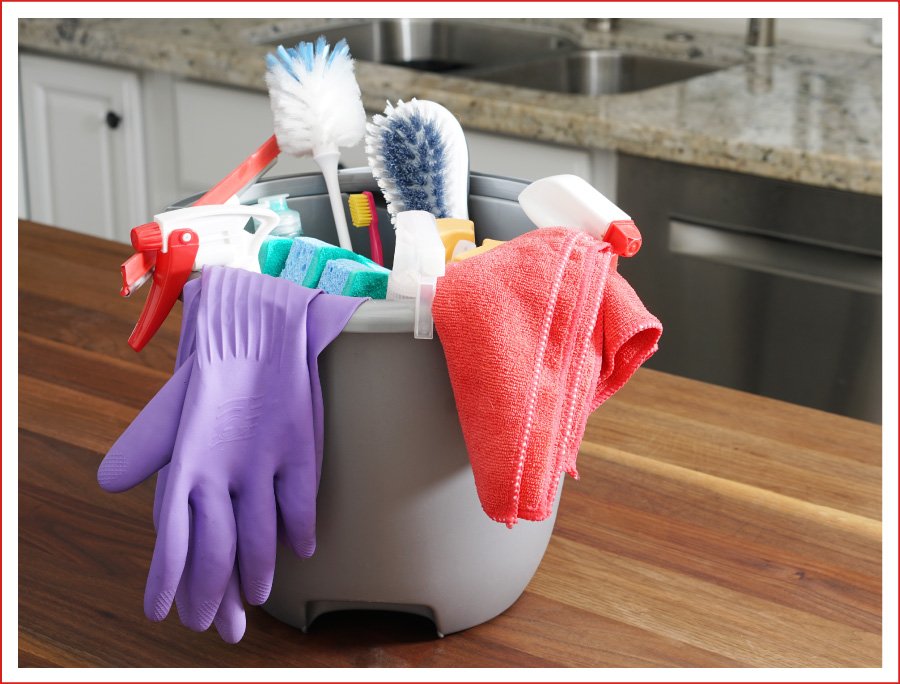
The other method to clean the food stains and water spots are sponge. If your sink is made from the acrylic solid surfaces like Corian, you can clean it with the help of baking soda and if it is made from stainless steel or other material, you can use a combination of lemon and Borax to get rid of the spots.
- Vinegar
To get rid of those spots on your faucet handles, use vinegar. Vinegar can disinfect the sink and can remove the stains as well.
- Baking Soda
Keep baking soda handy. Sprinkle it generously on the stain and let it settle. Pour some warm water to prevent clogging. Doing it regularly will prevent the problem.
2 Tables and countertops
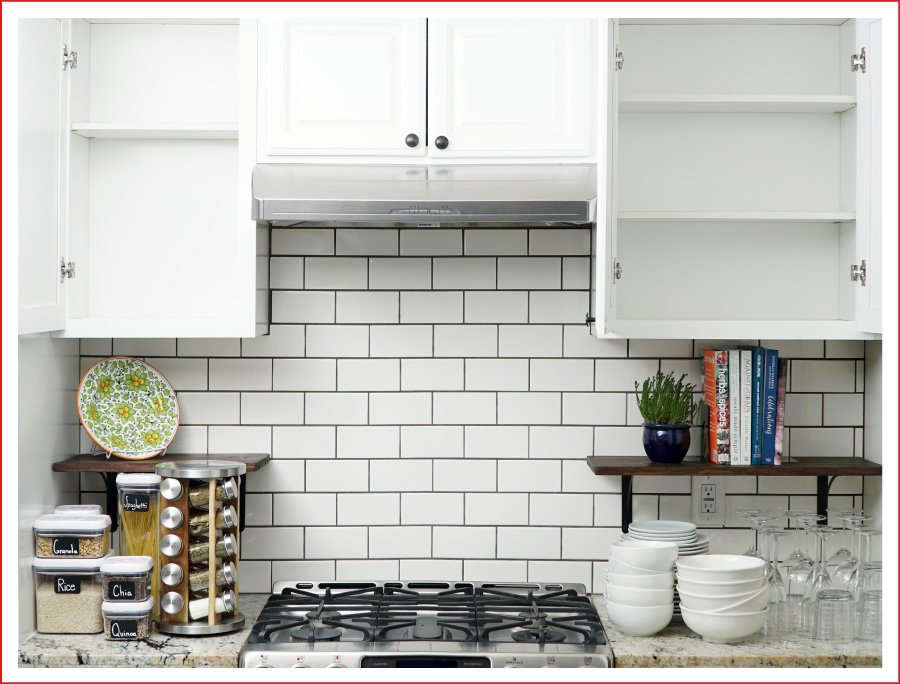
The countertops are used to chop vegetables and to serve meals, ensure that it is always clean and is disinfected. You can use a disposable wipe or the towel to clean it as it is a hidden area where dirt and grime may settle on.
How to disinfect the kitchen counter-top?
Do you know that single bacteria on your kitchen counter-top can multiply to 8 million in less than 24 hours? That means you should always keep your counter-top clean to prevent the spread of cold and flu. It is important to disinfect the kitchen counter-top especially after handling raw eggs and meat. You may think a quick swipe of towel is enough to keep bacteria at a bay, but it doesn’t happen. 77% of sponges or kitchen wipes contain dangerous bacteria that can spread further. It is necessary to disinfect the counter-top in addition to a regular cleaning schedule. Many of the disinfectant products are easily available in the market and it contains alcohol, Mr. Clean is one among them. Apart from that, a spray disinfectant application is also available like that is launched by Dettol to clean the surface that is filled with germs. This disinfectant eliminates the virus that causes cold, flu and spread of the bacteria like E.Coli, Salmonella, Staph, and other illness spreading bacteria.
3 Kitchen Doorknobs and handle
We usually come in the contact with the kitchen doorknobs and handles, it needs to be cleaned and disinfected regularly. Ensure that you disinfect them after preparing the meals.
How to disinfect kitchen doorknobs and handles?
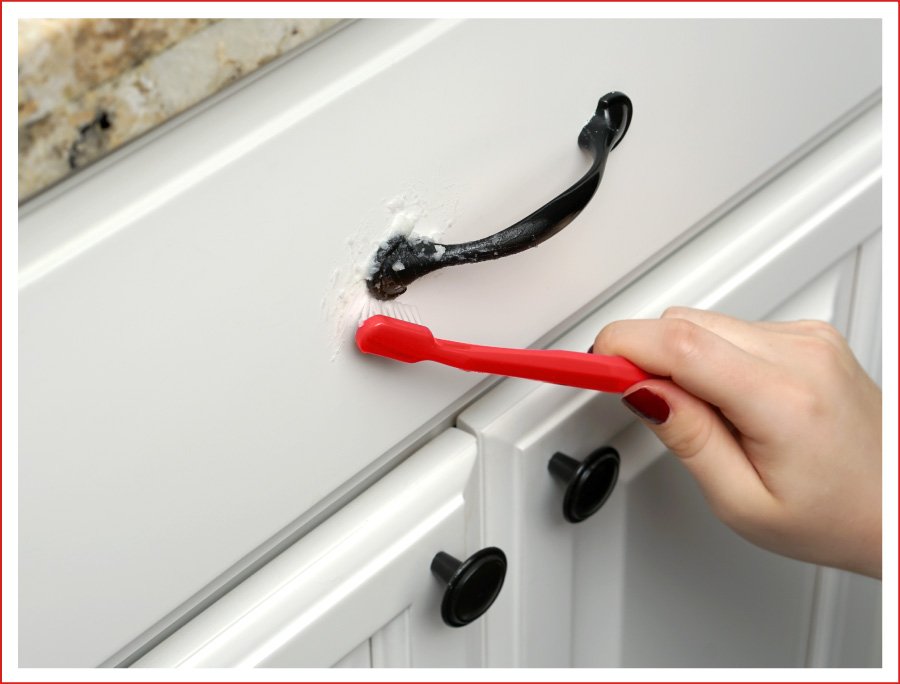
It depends upon the kind of material that it is made from. If it is made from wood, spray the mild soapy solution on the handles and clean it with the cloth or prepare a blend of water and vinegar. Either way doesn’t let water sit on for too long as it can damage the wood. You can even use the toothbrush to remove a tough stain. Swipe with the soft cloth once the process is complete.
- Ceramic and Glass
Ceramic and glass knob may look as high maintenance, but they are simple to clean. A damp cloth will do. After cleaning it, spray the glass cleaner or solution water and vinegar and wipe it away with the newspaper.
- Metals
Metal hardware is expensive and it is important to clean it regularly to maintain glitz and shine. It is a place where stubborn grime accumulates. The best way to clean it is with the help of soapy water. Soaking it in the soapy solution for overnight or a few hours can let it loose the dirt. Rusting is another common concern with metal hardware. Soak it in the vinegar solution or lime juice and it will as good as new. However, tougher stains need care.
- For copper, use lemon juice or combination of salt and vinegar.
- For chrome and steel, use vinegar- soaked cloth but for rust, use an aluminum foil.
- Don’t use steel wool or rough cloth as it can damage the surface.
- For brass- Use a combination of vinegar ½ cup, salt one spoon, and flour or you can use chemical cleaner easily available in the market.
- If you want to avoid damage to the surface use newspaper instead of cloth.
- Let the cabinets dry before assembling it once again.
4 Refrigerators
The kitchen appliances like refrigerators and microwaves also need to be cleaned regularly to prevent the spread of bacteria.
How to disinfect the kitchen appliances?
The best way to clean the kitchen appliances is to use disinfectant wipes. You can also make your own DIY disinfectant with the help of bleach and alcohol 70%. Let it settle for a while and then clean it.
Conclusion
Just like you sanitize your hands, it is important to disinfect the kitchen as well. These are the areas that we come in contact on a daily basis. Hence, you need to disinfect properly, especially after the outbreak of Coronavirus.




